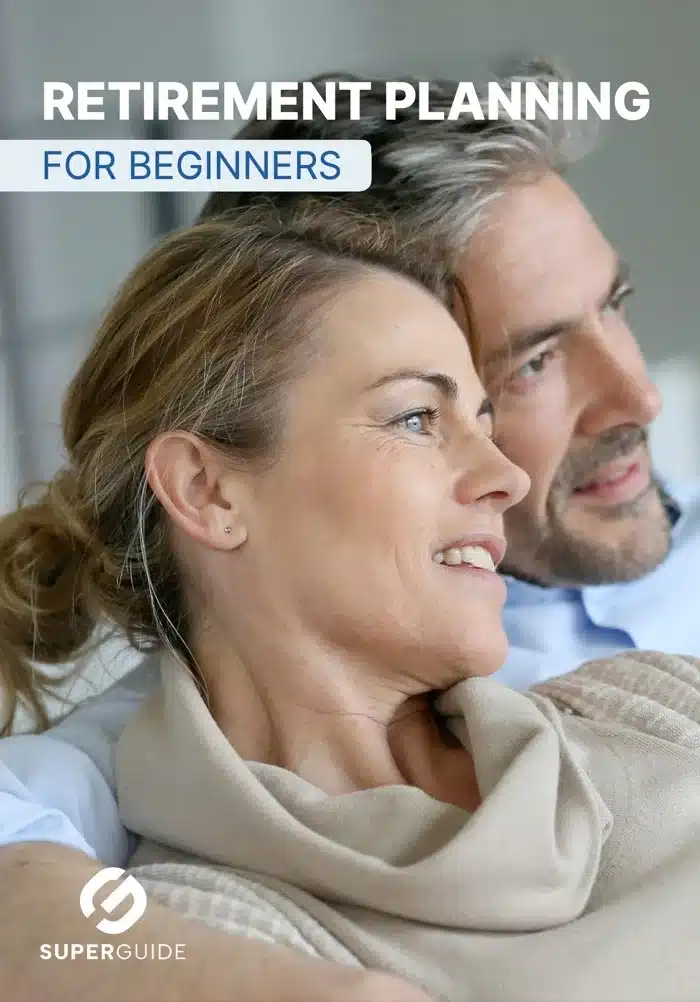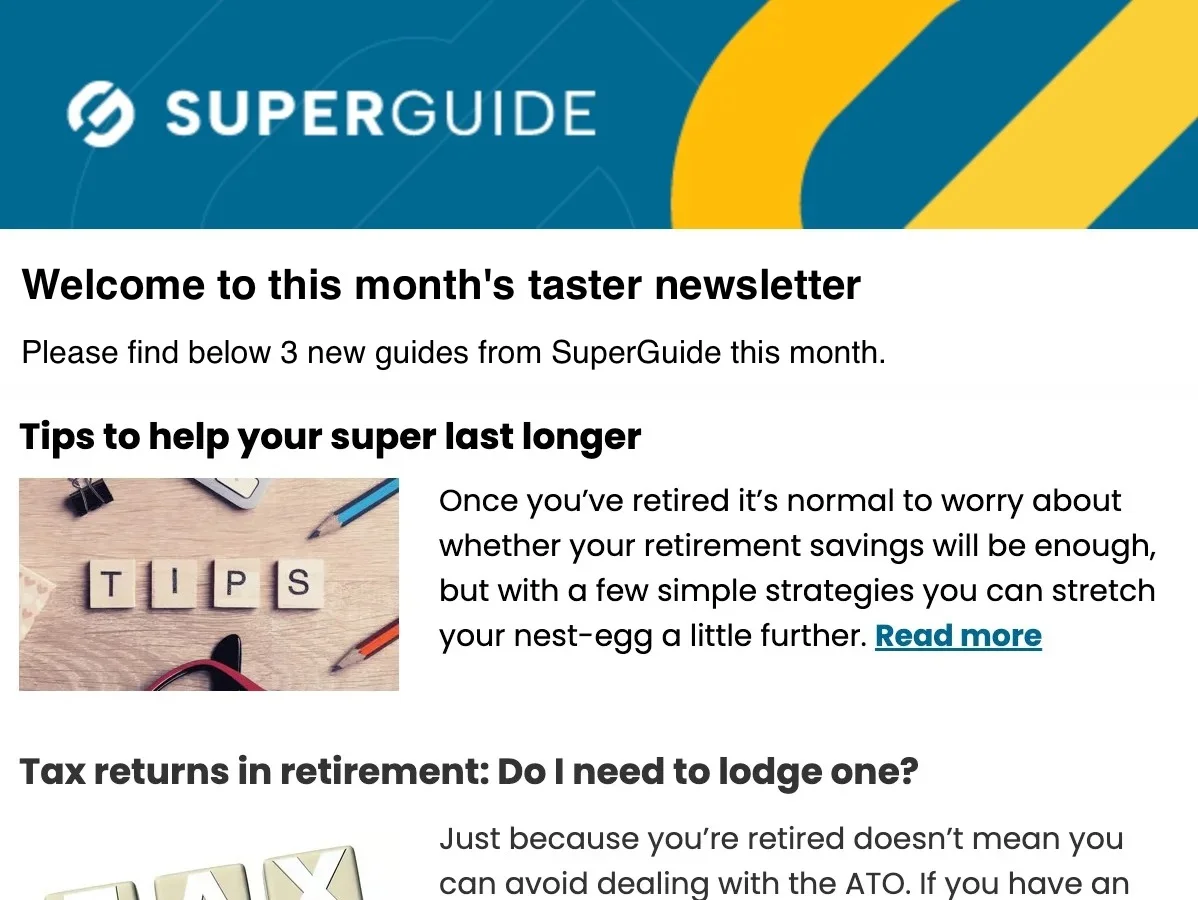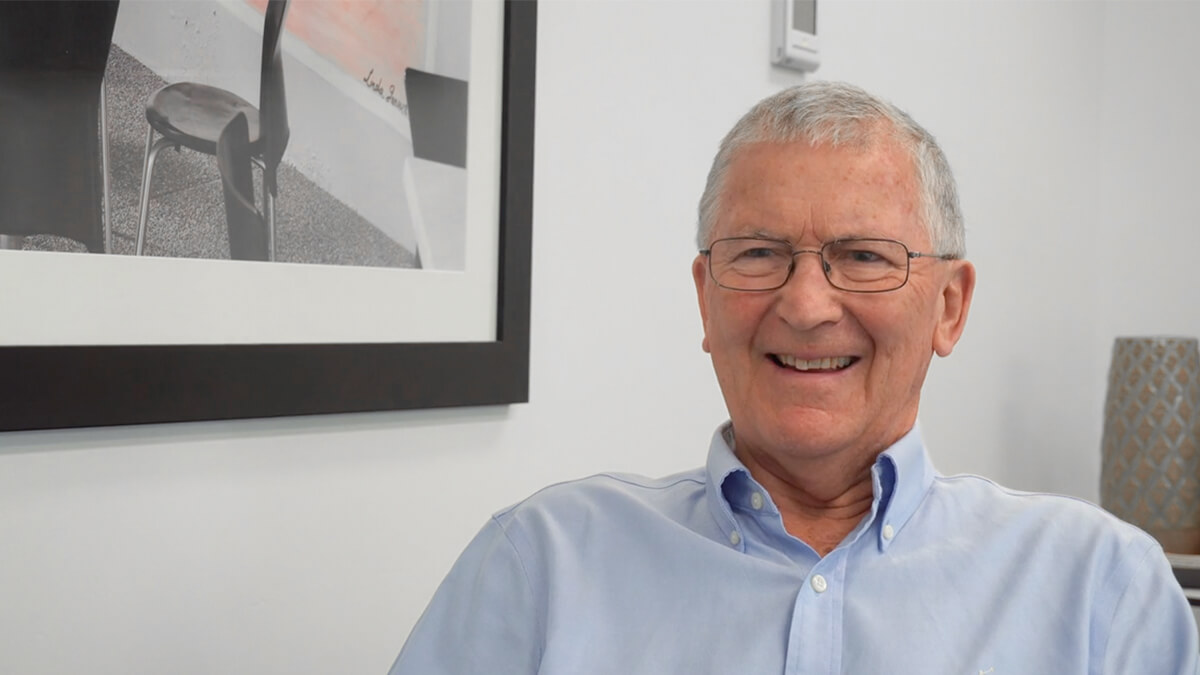In this video interview David Williams from My Longevity talks about the benefits of having a Longevity Plan and how to create one.
Transcript
What is a Longevity Plan, and how does it work?
Once we realised that we could understand what the stages in life might be for people, we began to drill down into what the implications were for that.
Because once you get a sense of the stages, you’re really getting into, “Well, what will I really do about it?”
So people wanted to know what they should do and we developed what we call the Longevity Plan. It’s not a financial plan, doesn’t give you investment advice.
It’s about you and preparing you to have the sort of discussions you need with professionals in a way that you come from understanding yourself better. So you can, if you like, negotiate and understand in a much more informed way.
So the Longevity Plan takes the SHAPE results and the stages and a lot of other information and says, “This is you, this is how you appear on the strength of the information you’ve given us.”

Free eBook
Retirement planning for beginners
Our easy-to-follow guide walks you through the fundamentals, giving you the confidence to start your own retirement plans.
"*" indicates required fields
Then we move into, “Well, what should you do about this? What will you do on the strength of knowing to try and make the best of the rest of your life?”
One of the first steps is that we say, “Sort out for health things because they’re obviously important. They can make a significant difference.” The answers you’ve given the analyser, your diet and your exercise and your relationships and all these things can have a significant effect on the outcome that you’re looking for.
So get those things into a good state for yourself. Maybe a doctor, maybe a physiotherapist, maybe other people that you’d turn to and say, “Look, I’m expecting to live roughly like this. It’s about this long. It looks a bit like this. What do you see I should do to change this or to make the best of it?”
So they’re sharing in the journey with you. They’re not just fixing you when you’re unwell. They are actually part of the wellness journey, which is I think they’d like to be, but they often don’t understand that’s what it really is.
So in the Longevity Plan we actually show you how to talk to, introduce the issue to your various advisors and the sort of questions you might ask them to make you comfortable with this dialogue. The end of the day you want to be able to commit comfortably to your decisions.
Now that’s fine for health. Financial advice is another thing, again. I believe that good financial advice results in the properly informed commitment of the client. So the client actually owns the decision. They’re not just consenting. They’re actually owning it, and that’s what commitment means.
I think everyone’s a lot better off when they can enter that approach, when they can have that commitment to what they’re doing rather than carry it along because they don’t understand that.
Having a talk about the timeframe with your advisers is pretty easy because we all talk time. We talk it from childhood and before we can talk. We cry if we want to be fed or if we’re uncomfortable. So we know what time’s about. It’s innate. So the time conversation is much easier than the money one and the health one too. So it’s worth making the effort to get into this because it becomes easier, not harder. Somewhat complicated.
Manage your retirement savings with confidence – for free

Get practical guidance from independent experts to help you make the most of your finances in retirement with a free SuperGuide account.
Find out moreSo once you’ve talked to those two professionals, it’s time to start thinking about what do you want to do to manage yourself for the rest of your life because there are important issues about where you live and how that reflects your state, what you might have to live on and the way that pans out. That affects where you live as well.
So there are a number of issues which I think we should talk through individually and this is part of what we’ve put into the Longevity Plan. So you tackle these important issues, not as urgent in many cases, to be sure. And you do it at a time when you’re able or even a bit less able. But certainly before you get to that crisis point, when something happens and you’re likely to become dependent. That’s what you want to avoid. You want to be ready.
It’s a bit like the bushfires in a way. We’ve had a lot of challenges come out of that, but a lot of the answers will come into preparing as well as we can. We don’t know exactly what’s going to happen, but if we’re prepared we’ll be a lot better off. The odds are we’d be a lot better off than if we don’t. So that’s part of the message.
What are the longer term steps that retirees need to consider as part of a Longevity Plan?
OK, so once you get to thinking about the rest of your life, you realize there are a few important things to prepare for.
First thing probably is where will I live? Because it’s got implications from your health and so on. So the health discussions, probably you should do all that before you start really seriously thinking about is where I’m living now, where I want to be when I become less able or when I become dependent.
The next thing is who’s going to look after me if I become dependent? And that’s quite an important decision and knowing about yourself and by the way, through the longevity plan, we show you how to do all sorts of things like preparing an advanced care directive and these things if you want to go down that track. But they’re important parts of preparing not only yourself but someone that you might want to be responsible for you when you no longer can be.
The time to do that is when you’re in pretty good shape, not when you think, “Oh my goodness, I’m in this crisis.” So that’s an important one.
Another one is, of course, your will. I don’t like wills, but I say who gets what, and why, and increasingly why not, and who doesn’t? Because we see a lot more blended families these days. So the relationships can be quite complex and if you’re in the full possession of your faculties, simply write down what you want, then you are prepared to talk to your lawyers about it, to put it into some kind of a more structured framework. But it’s quite easy. You probably know what to do. Get on with it. Just do that. That’s the first step in doing it.
Supercharge your retirement

Get pension and retirement tips and strategies with our free monthly newsletter.
"*" indicates required fields
The important people to look after you are your guardian and your power of attorney. The power of attorney looks after the funds and everyone thinks, “I’ve got a power of attorney, that’s fine”, but the real deal is having a guardian or an enduring guardian because the guardian can override the power of attorney in terms of your welfare.
So they can effectively say, “No, I want this person to have … They’ve made it clear to me, this is the way they see their life evolving and we’re prepared to fund that. Thank you very much.”
So it’s obvious you want the two people eye to eye where you can, but guardianship is often overlooked and it’s very important.
The next thing is probably aged care. We’re all facing it. We’re in a bit of a little dilemma these days because it’s such a public issue and such a concern. My belief is that we will increasingly be trying to live in our own homes for as long as possible, totally as long as possible, which has some influence on the decision about where I might live because it’s pretty important.
So living in our own home becomes important in the later stage of life. So it’s worthwhile thinking about it when you’re in good shape and making that house decision rather when you suddenly think, “Oh, I’m not going to get up those stairs anymore.” Well yeah, and maybe you can use one of these new internal lifts or stair lifts or whatever, but at least think through it when you’re in reasonable shape. Might sound a bit confronting, but it’s worth doing isn’t it, when you’re in good shape to do it.
So looking at the whole aged care thing, what I’m seeing is that people will increasingly be living in their own home, looking to live there, but not only want to be cared for.
Dependency, by the way, doesn’t mean you’re either gaga or frail. The definition is you’re simply not able to do all the activities of daily living. It might be you can’t get out to shop for some reason, but it’s important to think of not only those sort of maintenance things, but the social relationships. As I said at the beginning, increasingly social relationships are important.
Recent Meals on Wheels studies showed that if the service was missed, the people didn’t miss the food, they missed the company and the contact. I think it’s a really telling finding.
Manage your retirement savings with confidence – for free

Get practical guidance from independent experts to help you make the most of your finances in retirement with a free SuperGuide account.
Find out moreSo we should prepare to have good social contacts all the time as well. So that’s part of preparing for aged care.
End of life, a bit of a touchy subject. But when we’re talking about dependency, it’s a kind of a natural one.
It’s worthwhile talking with your guardian and your medical people about how your circumstances might play out. You might have a chronic illness, something more severe. The time to discuss it is when you’re as well as possible, and it is an issue and some people have very, very specific wishes about what should happen, and others won’t. But it’s a good one to have a talk out with your guardian.
Then the other arrangements that follow the end of your dependency. It’s a matter of bringing it forward into a common sense, open place, not treat it as some kind of a secret business, and just get on and do it while you can. So you get on, enjoy and make the best of the rest of your life.
How often should you review your Longevity Plan?
Having got ourselves all organised and on track, it sounds terrific, of course things don’t pan out exactly as we plan in life. That’s life isn’t it? And I’m not suggesting we know exactly anything about people because we’re affected. We’re affected by both ourselves and our environment and the circumstances we find ourselves in.
So the best way I think to deal with that is if you have a Longevity Plan, you’ve got a whole lot of assumptions that have gone into it. You’ve decided to do this and to do that, and that this is what’s going to be important and this is what I’ll do about my health and so on.
I think my own perspective is it’s probably worth having a disciplined look at it every year and going through it. Yeah, go back to the shape analyser if things have changed a lot. Look at the assumptions you’ve made about what you’re going to do and whether they’re realistic.
At some point, you’re taking into account with your financial advisers and maybe even your legal advisers. But the first thing to do is to have a look at yourself and your plan because that’s what drives all the other decisions.
And I would say looking at every year is a pretty good thing to do, at least even if only to decide, nothing much has changed. It may be that external changes are more important and you want to take them into account.
But it’s just the discipline of saying, well it’s January or it’s June, whatever. I’d say, don’t do it in June. That’s a busy year for a whole lot of other reasons financially. Don’t do it in December cause you’ll be distracted by all the other things.
But pick a month where you think I can actually give a few hours thinking to this and knock it over and then decide whether you’ll do anything. Stay in control. That’s the deal.

Leave a Reply
You must be logged in to post a comment.